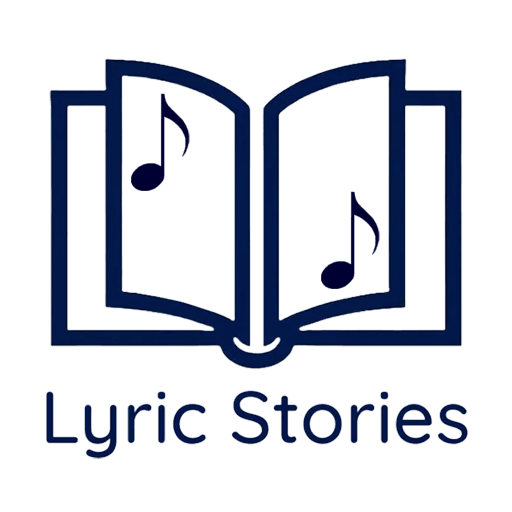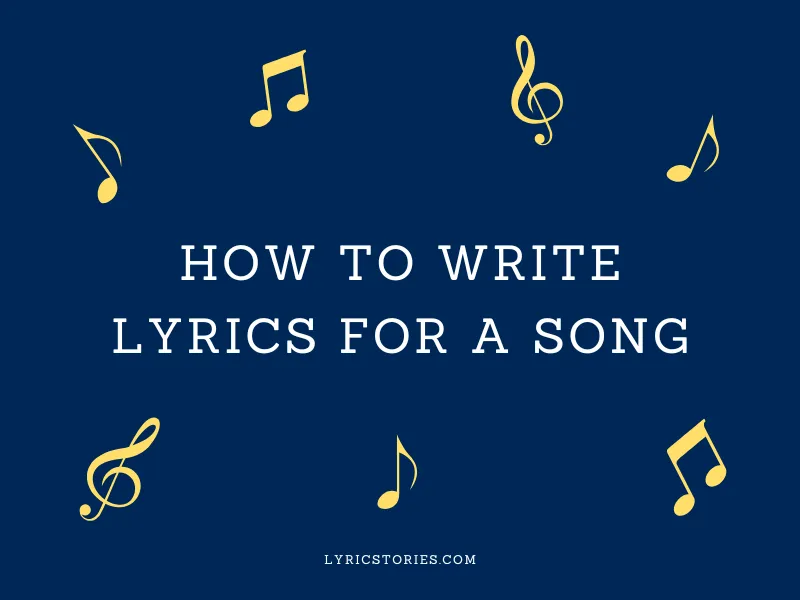Once you know what you want to write a song about, writing lyrics for a song is a delicate balance of creativity, structure, and personal expression. Whether you’re just starting or looking to refine your process, creating impactful lyrics requires focus and technique. A great lyric connects with listeners, tells a story, and resonates emotionally. So, how can you write lyrics that capture attention and feel authentic to your artistic vision?
In this guide, we’ll break down the steps to write compelling lyrics. From brainstorming ideas to refining your final draft, you’ll learn practical advice and creative approaches to enhance your songwriting. Let’s dive into the art of lyric writing!
Why Are Lyrics Important in a Song?
Lyrics are the heart of a song, serving as the vehicle for storytelling and emotional connection. While melodies and rhythms are essential, it’s often the words that linger in a listener’s mind. Here’s why lyrics matter:
- Emotional Connection: Lyrics convey the emotions, themes, and messages of your music, allowing listeners to relate personally to the song.
- Storytelling: Many great songs are memorable because they tell a compelling story through their words.
- Identity and Branding: Your lyrics define your artistic style and can set you apart from others in your genre.
For further inspiration, check out our article on How to Write a Song Title, which explains how to craft titles that complement your lyrics.
1. Understand Your Song’s Theme and Purpose
Before you start writing, it’s crucial to have a clear understanding of what your song is about. This foundation will guide your choice of words, tone, and structure.
a) Define the Theme
Ask yourself: What is the central message or emotion you want to convey? Are you writing a love song, or is it about heartbreak, resilience, celebration, or something else?
b) Set the Mood
Consider the mood of your song. Is it upbeat, melancholic, introspective, or playful? This will shape the language and imagery you use.
Example: For a song about self-discovery, you might use phrases like “finding my way” or “uncharted roads.”
2. Start with a Hook
A strong hook is often the cornerstone of a great song. It’s the line or phrase that grabs attention and sticks in the listener’s memory.
a) Types of Hooks
- Lyrical Hook: A standout line that sums up the song’s message.
- Melodic Hook: A phrase set to a catchy tune that gets repeated.
b) Crafting a Catchy Hook
Keep it simple, memorable, and emotionally resonant. Think of popular hooks like “Let It Be” or “Shake it off.”
For additional tips, explore How to Write Song Lyrics Without Music, which provides insights into focusing on lyrical structure before adding melody.
3. Use Imagery and Metaphor
Great lyrics often paint vivid pictures in the listener’s mind or evoke deep emotions through metaphorical language.
a) Paint with Words
Use descriptive language to create imagery. Instead of saying “I’m sad,” describe how it feels: “The rain fell like broken promises.”
b) Employ Metaphors and Similes
Metaphors compare two unrelated things to add depth. For example, “You’re the fire to my ice” adds more intrigue than saying, “We’re opposites.”
4. Structure Your Lyrics
Organizing your lyrics into a recognizable structure can help your song feel polished and professional.
a) Common Song Structures
- Verse-Chorus-Verse: The most popular format, where verses tell the story and choruses emphasize the hook.
- Verse-Pre-Chorus-Chorus: Adds a build-up to the chorus, creating anticipation.
- Storytelling: Lyrics unfold in a linear narrative, like a poem set to music.
b) Rhyming Schemes
Experiment with different rhyming patterns, such as ABAB or AABB, to find what complements your song’s mood.
5. Write for Your Audience
Consider who will be listening to your song and how they’ll connect with the lyrics. Tailoring your words to resonate with your target audience can make a significant difference.
Example: A younger audience might prefer conversational language, while an older demographic might appreciate poetic depth.
6. Edit and Refine
Once you’ve written your lyrics, take time to polish them. Great writing often comes from revision.
a) Simplify Your Lines
Remove unnecessary words or overly complex phrases to ensure clarity and impact.
b) Check for Flow
Read your lyrics out loud or sing them to see how they flow. Adjust the phrasing if it feels awkward or forced.
c) Get Feedback
Share your lyrics with trusted friends or collaborators for constructive input. They might notice areas for improvement that you overlooked.
7. Find Inspiration in Other Art Forms
Sometimes, the best inspiration for writing lyrics comes from outside the music world.
- Poetry and Literature: Reading poetry can spark ideas for lyrical phrasing.
- Visual Art: Paintings and photography can evoke emotions or themes to explore in your lyrics.
- Personal Experiences: Drawing from your own life adds authenticity and depth to your songwriting.
For more on using poetic techniques, see How to Write a Lyric Poem for creative approaches to lyrical expression.
8. Experiment with Collaboration
Working with other songwriters can bring fresh ideas and perspectives to your lyrics. Collaboration often leads to innovative results.
a) Co-Writing Sessions
Invite fellow musicians or writers to brainstorm with you. They might offer insights you hadn’t considered.
b) Feedback Loops
Use platforms like workshops or online communities to share drafts and receive constructive criticism.
9. Use Online Tools and Resources
The internet is filled with tools that can help spark ideas or refine your lyrics.
a) Rhyme Generators
Websites like RhymeZone can help you find perfect rhymes when you’re stuck.
b) Lyric Analysis
Analyze lyrics from your favorite songs to understand how professional songwriters craft their words.
c) Title Inspiration
Struggling with naming your song? Refer to How to Write a Song Title for helpful tips.
Final Thoughts
Writing lyrics for a song is an exciting but challenging process. By focusing on your theme, crafting a compelling hook, and using vivid imagery, you can create lyrics that resonate deeply with listeners and avoid the most common lyric writing mistakes people run into. Don’t forget to experiment, seek feedback, and refine your work to make it shine.
If you’re ready to elevate your lyric-writing game, remember that it’s about connecting with your audience and staying true to your artistic vision. Now, grab a notebook, start brainstorming, and let your creativity flow!
Once you have your lyrics down, check out our article on How to Turn Lyrics into a Song to take it to the next level!

